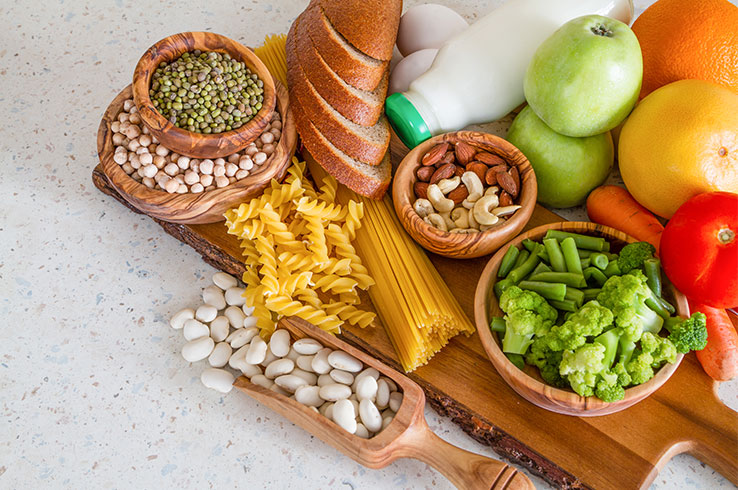The French food agency (ANSES) has updated the guidance that underpins France's official dietary guidelines. According to the new commentary to the recommendations (https://www.anses.fr/fr/system/files/NUT2012SA0103Ra-1.pdf), a series of changes regarding pulses were implemented, including:
- Pulses are now a stand alone category of foods, because they are rich in protein in fibers. They used to be associated with starchy goods/carbohydrates. There is now a total of 32 subgroups falling under 10 groups of foods.
- Pulses have been distinguished among iron-rich foods for which a higher consumption is recommended alongside wholegrains, fish, nuts and dried fruits.
- It is recommended that pulse consumption be radically increased to be consumed several times a week
- Lentils, fava beans and chickpeas are noted as being particularly beneficial.
- The Mediterranean diet is characterized as “healthy” and “safe”, with high consumption of vegetables, fruits, nuts, pulses, fish and wholegrain cereal, moderate alcohol and low red meat consumption, low dairy. It is characterized as reducing type 2 diabetes, preventing breast and colorectal cancers.
- The comments further recommend to increase pulse, egg, cheese and “superior” dairy products; maintain as is milk and poultry; minimize the consumption of red meat and deli meats (salami, ham, etc…) and soda/sweet beverages.
The agency’s work aimed to formulate, for the first time, consumption guidelines for the main food groups in order to meet the nutritional requirements of the adult population, while taking into account the challenges associated with the presence of certain chemical contaminants in food. The Agency's opinion has resulted in major changes with regard to the previous recommendations. This mainly concerns the greater role to be played by pulses, wholegrain cereal products, vegetables and fruits, as well as certain vegetable oils. Conversely, the Agency insists on the need to limit the consumption of meat excluding poultry, and especially of delicatessen meats (charcuterie) and sugar-sweetened beverages. Lastly, the Agency reiterates the need to reduce the levels of certain contaminants in food (organic arsenic, acrylamide, lead) and repeats its recommendation that consumers diversify their diet and the sources of supply.
For more information:
https://www.anses.fr/en/content/anses-updates-its-food-consumption-guidelines-french-population
http://sante.lefigaro.fr/article/mieux-vaut-manger-moins-de-viandes-et-plus-de-legumineuses?xtor=EPR-211
https://www.anses.fr/fr/content/
l%E2%80%99anses-actualise-les-rep%C3%A8res-de-consommations-alimentaires-pour-la-population-fran%C3%A7aise

